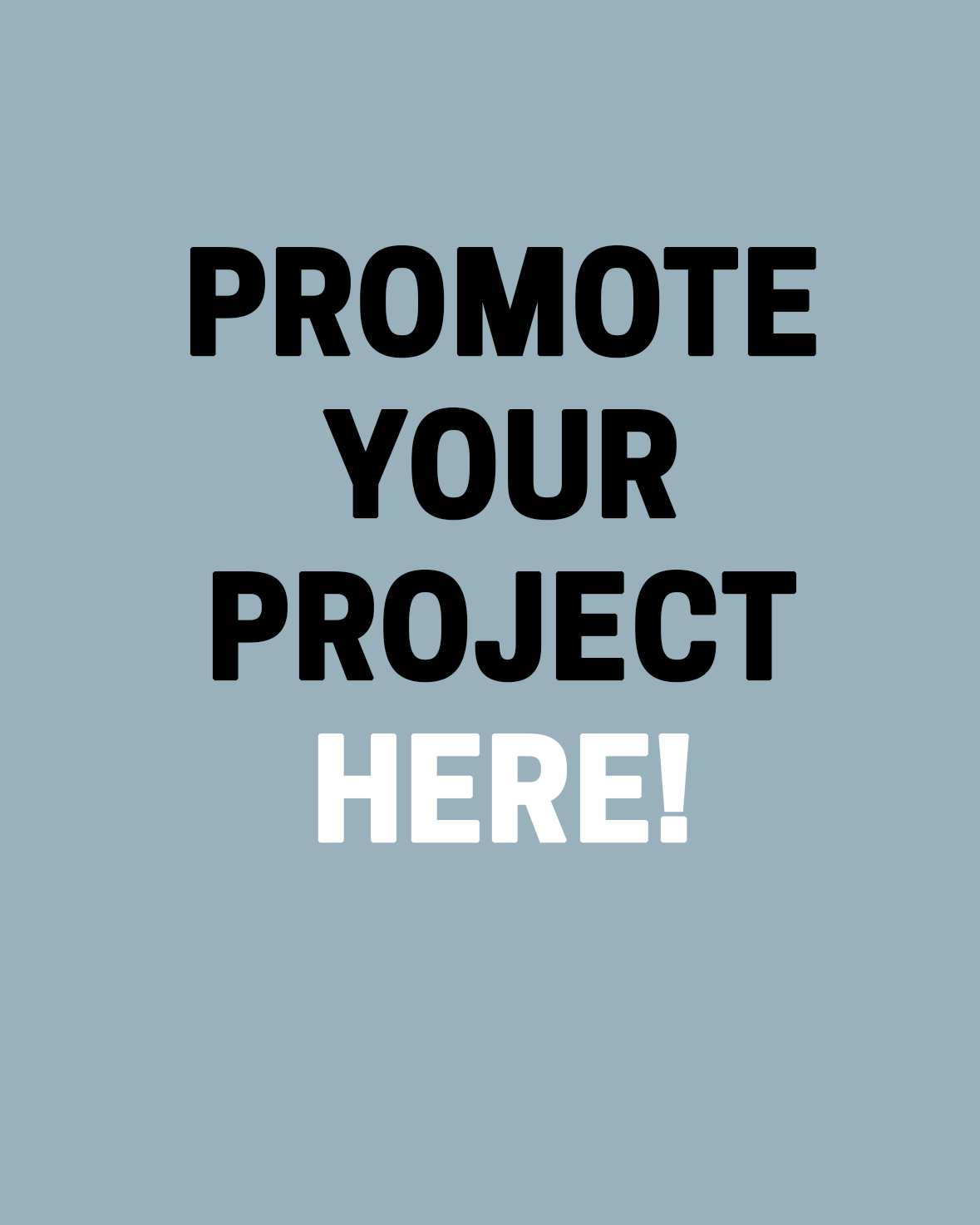Welcome
to the Concert Chronicles
Discover the finest concerts in Basel, showcasing a rich array of classical music, jazz, baroque, and contemporary performances.
Explore the vibrant cultural scene at venues like Theater Basel and other iconic halls, offering events for tonight and today.
Dive into the city's musical delights, including unique shows at the casino.
Make sure not to miss out on the best concerts of the year and join us to experience the finest music in Basel.

Photo by Martela Molucas
MARINA CABELLO DEL CASTILLO, Viola da gamba
In our latest interview, we had the pleasure of speaking with Marina Cabello del Castillo, an exceptional gambist.
In this month’s featured interview, we sit down with Marina, a passionate performer of early music whose thoughtful and honest reflections invite us to reconsider the place of art in today’s world. Throughout our conversation, we explore some of the most pressing questions facing musicians dedicated to historical repertoire: How do you connect with audiences in a digital age? What role do social media play in an artist’s career? Is a strong online presence now essential to be seen as "relevant"?
But beyond the digital landscape, Marina also shares her deeper artistic values: her vision of authenticity in performance, the emotions she hopes to stir in first-time listeners, and the pivotal pieces and composers that have shaped her musical journey.
We also reflect on the less visible side of an artist’s life — the sacrifices, doubts, and constant movement in search of opportunities. Marina speaks openly about what it means to dedicate oneself to music today, challenging the idealized image of the artist so often presented by society.
The conversation touches on her hopes for the future of early music, her role within that vision, and powerful memories with her ensemble BREZZA that have left a lasting impression.
👉 Click here to watch the full interview — a sincere, inspiring, and music-filled exchange you won’t want to miss.













